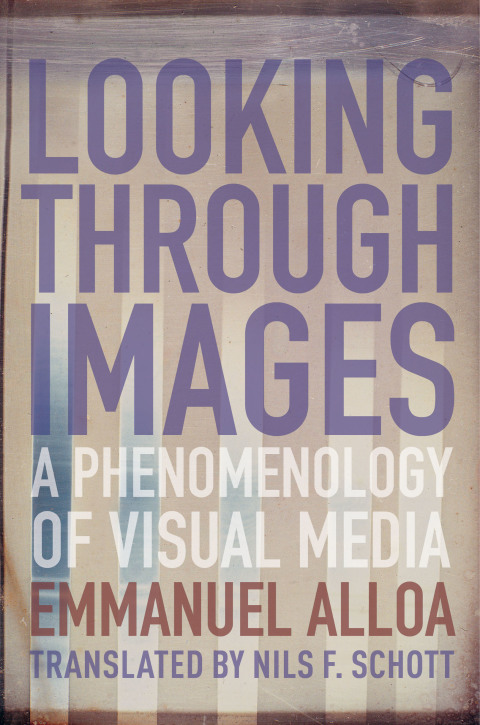
Looking Through Images PDF
Preview Looking Through Images
Images have always stirred ambivalent reactions. Yet whether eliciting fascinated gazes or iconoclastic repulsion from their beholders, they have hardly ever been seen as true sources of knowledge. They were long viewed as mere appearances, placeholders for the things themselves or deceptive illusions. Today, the traditional critique of the spectacle has given way to an unconditional embrace of the visual. However, we still lack a persuasive theoretical account of how images work.
Emmanuel Alloa retraces the history of Western attitudes toward the visual to propose a major rethinking of images as irreplaceable agents of our everyday engagement with the world. He examines how ideas of images and their powers have been constructed in Western humanities, art theory, and philosophy, developing a novel genealogy of both visual studies and the concept of the medium. Alloa reconstructs the earliest Western media theory—Aristotle's concept of the diaphanous milieu of...
